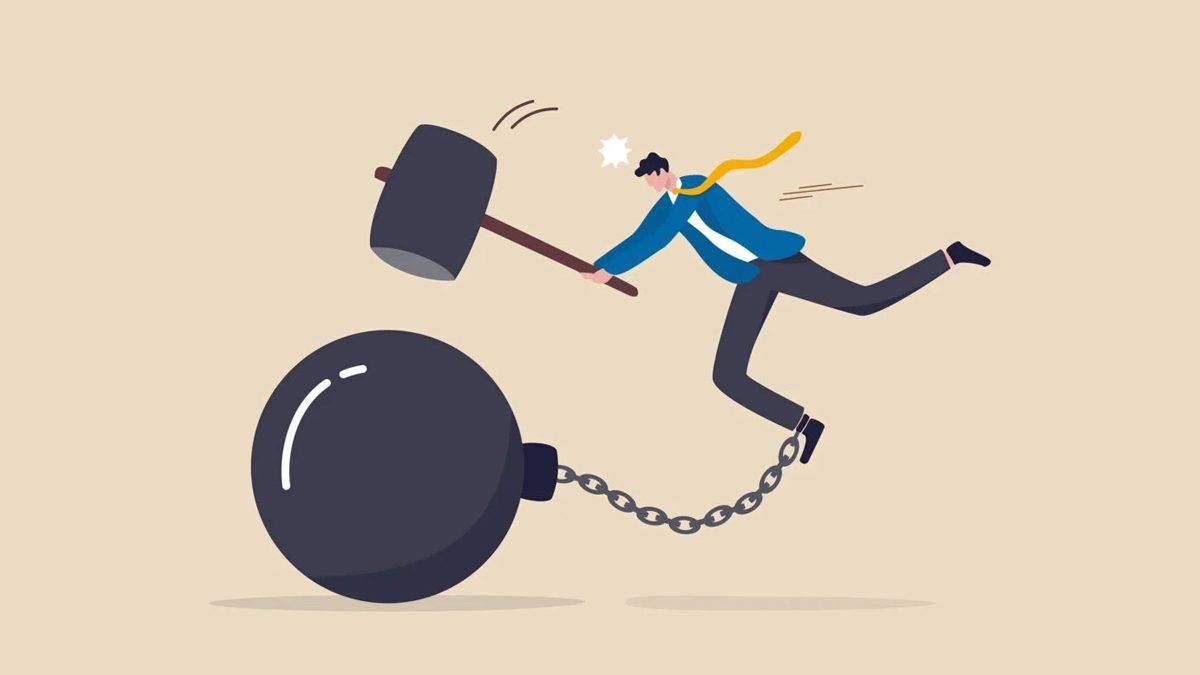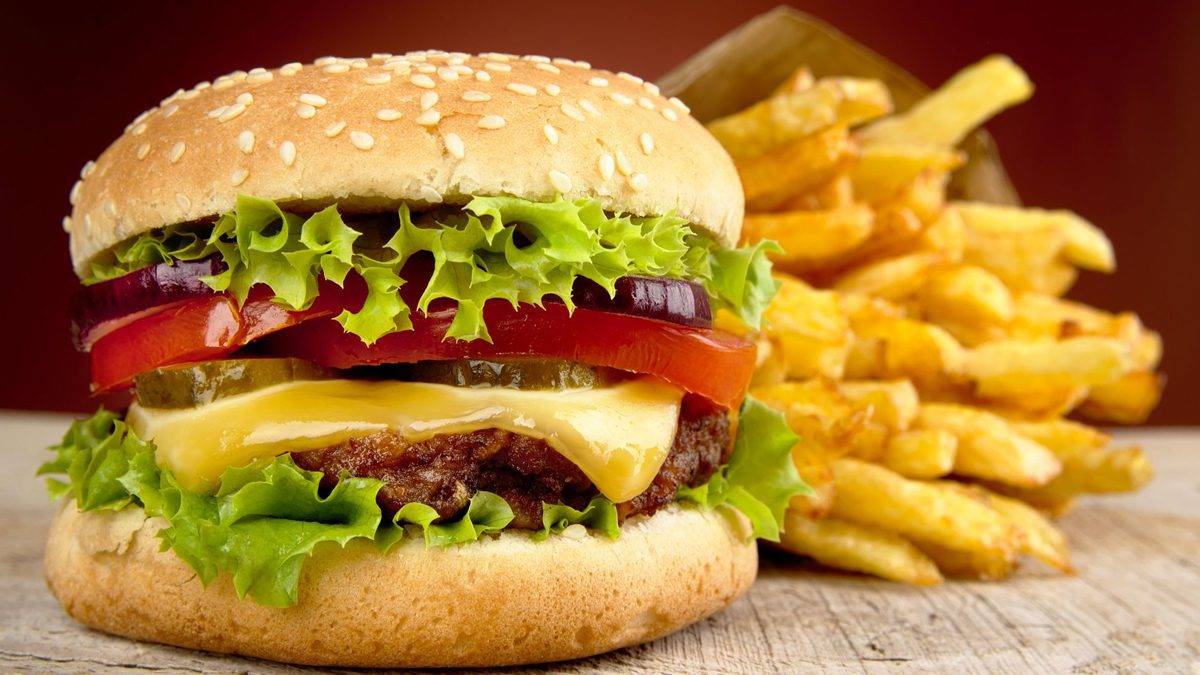Creativity Can Thrive Without Alcohol & Drugs My entire life I grew up around creative people. Indeed, my godfather was John Birks “Dizzy” Gillespie and my godmother was the wife of legendary saxophone player Stan Getz. I was so close to both of these men since I was practically born and when they died I[…]
Author Archives: Dr. Sadaqat ali
What’s The Difference Between Being “Sober” Versus Being in “Recovery”? There is an important distinction between being “sober” and being in “recovery”. The differences are clear to those who have experienced both phases in their healing process from alcoholism. When an alcoholic is “sober” from alcohol without attending a mutual-help program, therapy, medication management, and/or treatment then they are in a[…]
What is Deja Vu & How Do I Recognize & Use it in My Life “Deja Vu” is a common intuitive experience that has happened to many of us. The expression is derived from the French, meaning “already seen.” When it occurs, it seems to spark our memory of a place we have already been, a person[…]
Why do people find it so difficult to change old habits? Whether it’s a manager frustrated with employees or individuals stuck in destructive behavior patterns, breaking free can feel impossible. However, recent brain research provides powerful insights into why habits persist and how they can be changed effectively. Why Habits Are Hard to Break The[…]
Junk Food Has Learned to Fool Humans Into Ever-increasing Consumption It seems too clever, too diabolic to be true. A recent study shows that foods high in saturated fat — ice cream, cheese, red meat — cause your brain to secrete chemicals that tell the body to ignore biological signals of fullness (like leptin and insulin). The[…]
Choosing to overcome addiction and live a sober life is both challenging and rewarding. Sobriety may feel overwhelming at first, but it leads to a healthier, happier life free from the control of substances. It offers the chance to rebuild relationships, improve self-esteem, and work toward a better future. Here are ten reasons to stay[…]
The myth of Narcissus and Echo is more than just an ancient story—it’s a powerful lesson about the struggles of being in a relationship with a narcissist. Taken from Ovid’s Metamorphoses, the story of Echo and Narcissus highlights the imbalance and pain often found in such relationships. One person is consumed with their self-image and[…]
Relationships are an integral part of the human experience. They spark joy, provide meaning, and shape who we are. Yet, navigating love and connection often feels like a delicate balance between vulnerability and independence. Why do some people fear intimacy, while others cling to relationships? This article explores the psychological dynamics of relationships and how[…]
You are you! Never compare! Leo Babauta skillfully discusses contrasts in reference to making comparisons in his one of well-known blogs on Zen Habits. He records some solid, supportive systems that we can attempt. Here are some of the most loved recommendations that are very well documented by him and are believed to be profitable[…]
Gaslighting is a harmful form of psychological manipulation where someone tries to make you question your own reality. It’s a deliberate tactic often used to control, deceive, or hide the manipulator’s true intentions. While disagreements or forgotten conversations may seem like gaslighting, true gaslighting is a repeated and intentional pattern of behavior. This article will[…]










